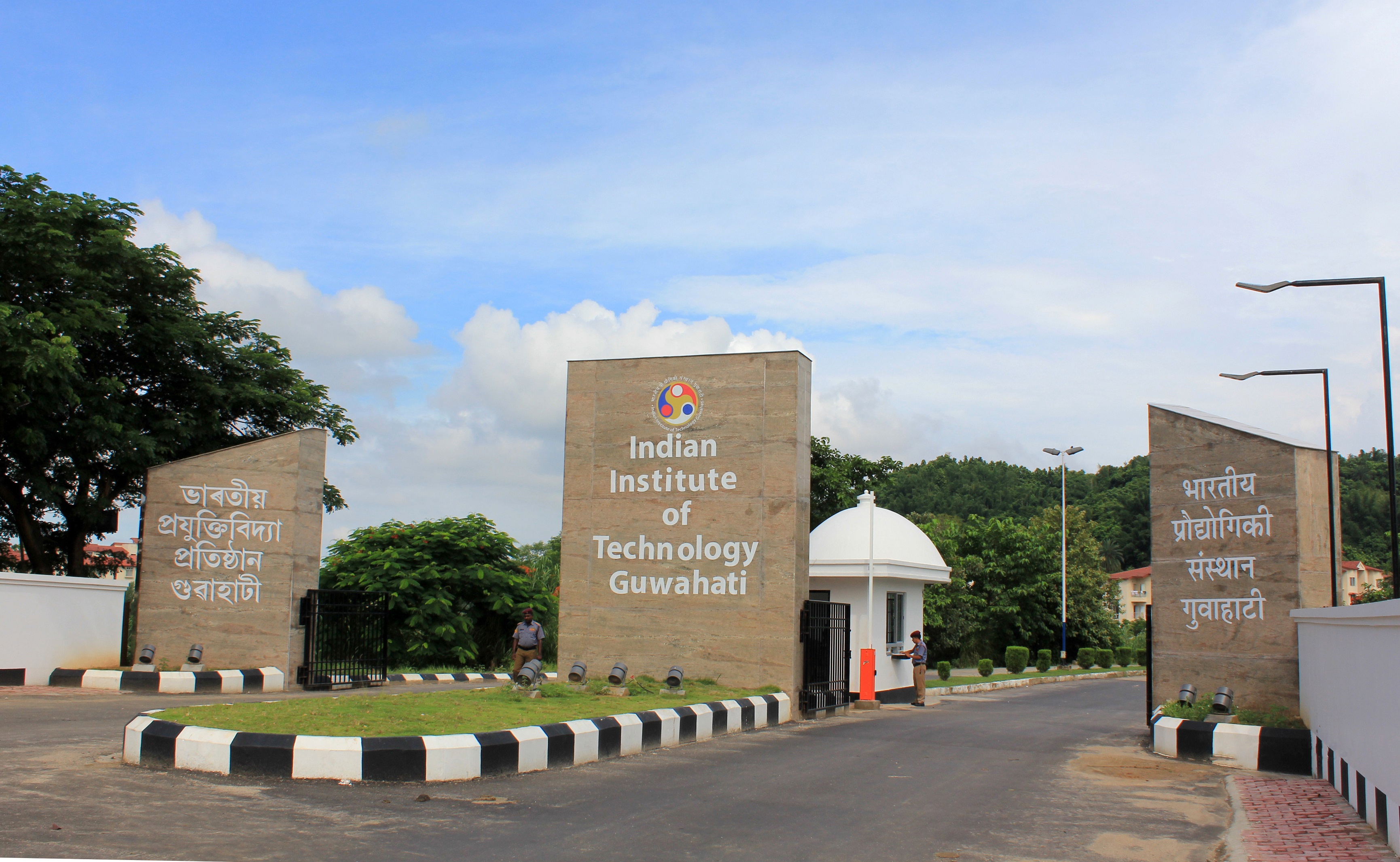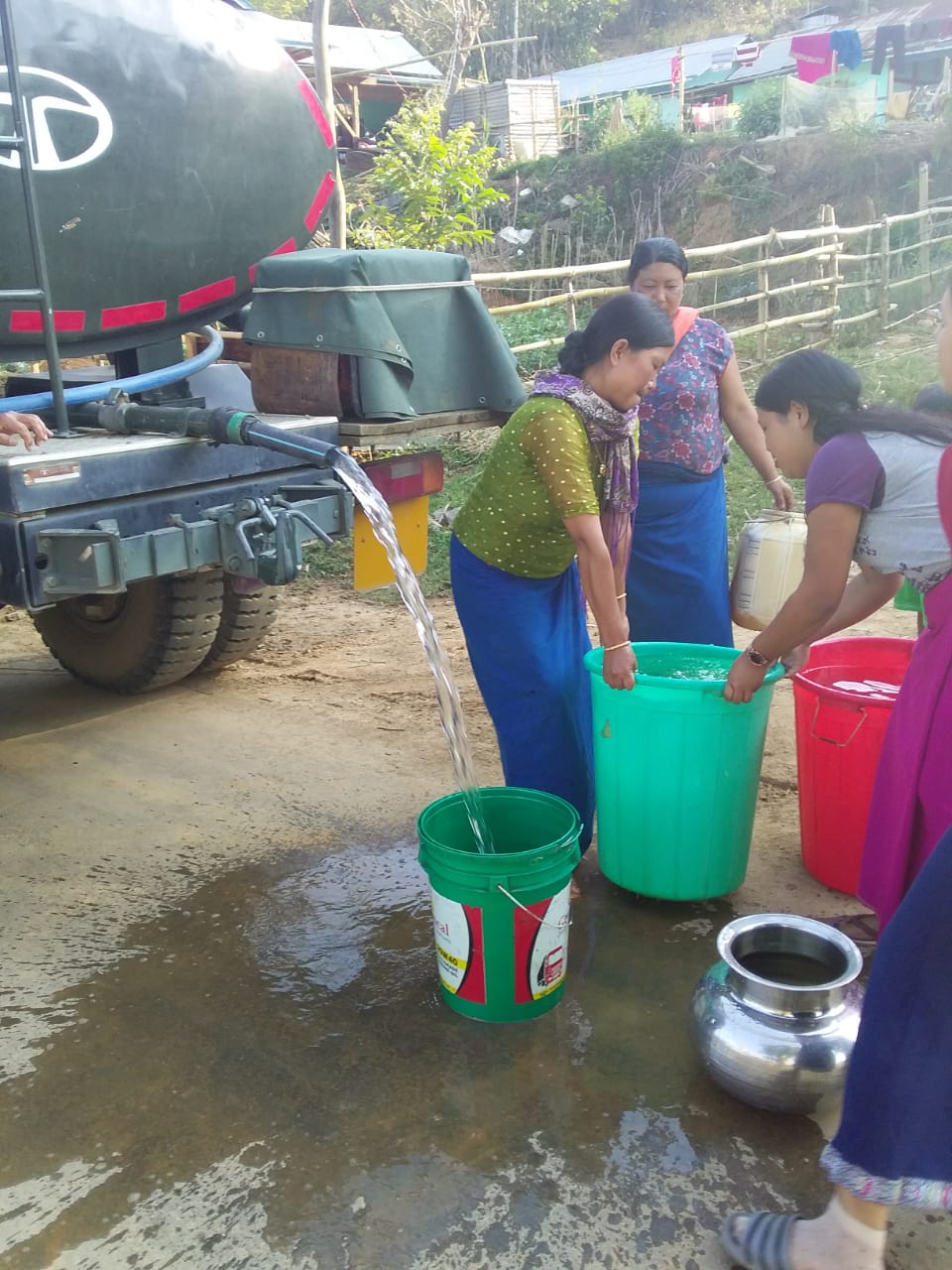These guidelines emphasize the community working closely with the school to get learning materials such as workbooks, worksheets, etc. delivered at the doorsteps of children by teachers and volunteers
 KRC TIMES Desk
KRC TIMES Desk

Union Education Minister Ramesh Pokhriyal ‘Nishank’ virtually releases Students’ Learning Enhancement Guidelines in New Delhi. Speaking on the occasion the Minister said that during the present-day epidemic of COVID-19, institutions under the Ministry of Education worked together and attempted to take school education to children at home through digital means. The documents such as Alternative Academic Calendar, PRAGYATA Guidelines, Digital Education-India Report, NISHTHA-Online, etc. are some of the initiatives that have been undertaken to maintain continuity in school education for children.
Amidst efforts to provide school education to the students through alternative ways, concerns from various stakeholders were raised about the learning of those children do not have access to digital resources. In addition to this, it was also revealed that due to unequal access to digital resources to get school education at home, the concerns of equity and inclusion can lead to deficiencies in the learning of children.
In view of this NCERT has prepared Students’ Learning Enhancement Guidelines on the direction of the Ministry of Education for the present situation and also for the post-pandemic situation. The Minister informed that these guidelines, models are suggested for the following three types of situations. Firstly, in which students do not have any digital resources. Secondly, in which students have limited digital resources available. Lastly, in which students have digital resources available for online education.
These guidelines emphasize the community working closely with the school to get learning materials such as workbooks, worksheets, etc. delivered at the doorsteps of children by teachers and volunteers. It also suggests teaching local students by volunteers or teachers setting up television at the community centre and maintaining social distance norms.
The guidelines also talk about setting up of a helpline at the community center with the help of members of the community and Panchayati Raj. It recommends the orientation of parents to support and participate in the learning of their children. He added that in all the three situations, use and implantation of Alternative Academic Calendar is suggested. Their commendations given in these guidelines are based on the survey undertaken by the NCERT on the accessibility of digital resources in the schools of the Kendriya Vidyalaya Sangathan, Navodaya Vidyalaya Samiti and Central Board of Secondary Education and also on Continuous Learning Plan prepared for the States/UTs by the Ministry of Education.





